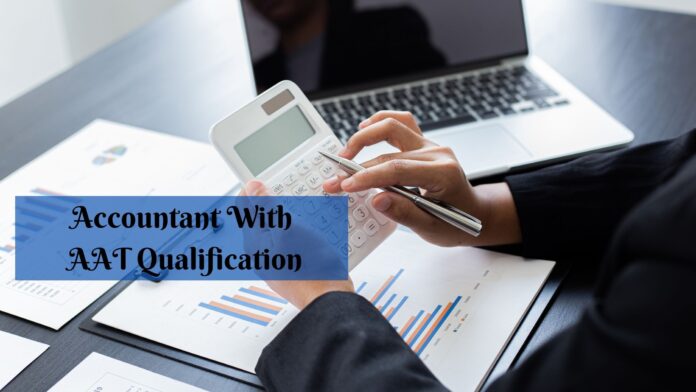Accounting jobs are incredibly diversified and provide interesting career options, and obtaining an AAT accounting certificate will guarantee you have the qualifications and expertise that companies want. Some of the accounting degrees provide a pathway to becoming an AAT professional member, as well as a launching pad to the higher education institution, chartered accountancy, or working for yourself. Individuals can begin with any level of education, based on their prior knowledge and experience. If they have prior accounting expertise, they should utilize an AAT Skill check to see which accreditation is appropriate for them. These industry-recognized accounting certifications encompass three levels of abilities and knowledge: foundational, advanced, and professional. The standard work duties and compensation expectations differ depending on the degree of qualification. Students opt for different AAT courses online so that they can undertake the Foundational Certificate in Accounting, Specialized Certification in Accounting, and Advanced Certificate in Accounting as an AAT graduate student.
- You’ll also have accessibility to tools and assistance to aid you to accomplish your training and advance your career. A graduate school degree is desired, but not required, as it is for most jobs. Several accounting professionals do, but the majorities do not. However, the vast majority of those working in the business will have undertaken an AAT (Association of Accounting Technicians) program. This specialized qualification is frequently required as a bare minimum for the position. It will teach you everything from the fundamentals to extensive knowledge across three different levels. With this certification, you’ll be able to pursue a career in accounting in a variety of intriguing sectors. To study for other credentials, you do not need to have to be a degree holder.
- Accounting includes two professional trajectories: commercial accounting and managerial accounting. Fundamentally, financial or commercial implies you’ll be working for a company. Management or managerial, on the other hand, is often responsible for disseminating facts to those outsides of an institution. These might be commercial businesses or government entities. Management is not mandated by law, although financial accounting is. Once you’ve decided wherever you want to go, you may decide on the next certification to pursue.
- Do you want to do internal audits, prepare financial statements, and manage cash flow? If so, financial accounting is the field for you. Maybe you’d want to develop stakeholder strategies, write assessments and remarks, and manage significant projects. Then managerial accounting will be straight up your alley.
- You might desire to advance your talents and embark on an innovative adventure after several years. You can now explore any suitable accounting courses to assist you further your profession. Even if you don’t have a degree, gaining market share as an accountant is a difficult and time-consuming endeavor. It is, however, a tremendously gratifying position that offers possibilities in a variety of businesses.
An AAT course expands on your prior expertise and offers you the fundamentals. So don’t worry if you’re not a mathematical genius. All you need is a vast comprehension, which you may gain as you begin to explore. So, sign up for an online AAT course now!
Write and Win: Participate in Creative writing Contest & International Essay Contest and win fabulous prizes.











